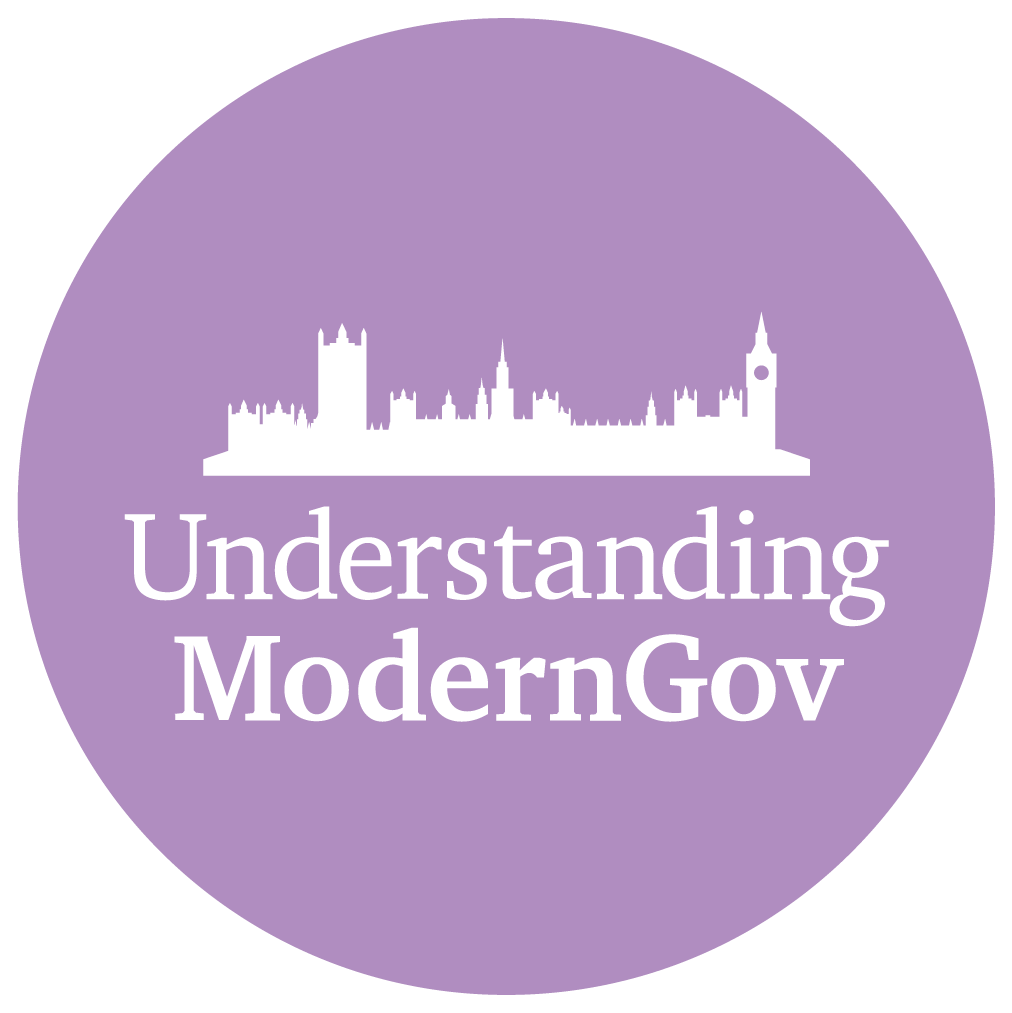
COURSES > CONFIDENCE & RESILIENCE
Bespoke Training: Confident Communication and Assertiveness
Build your Confidence and Make Your Voice Heard
Overview
The ability to make a long-lasting impression and demonstrate the healthy confidence to stand up for your points and ideas, while still respecting the rights of others, is an invaluable tool to have in the workplace.
When you are assertive, you are calm, confident, direct and honest. Assertiveness can help you make an impact in a positive way, ensuring that you are perceived the way you intend to be and get the results you’re looking for.
Learn how to communicate confidently to yield results. Test your capacity to use confidence and assertiveness in a series of practical role-play scenarios designed to allow you to build, develop and flex your communication skills.
Run this Confident Communication and Assertiveness in the Workplace course for employees at your organisation, to enhance and practice the best ways of being assertive, helping delegates to become more decisive and influential people.
Learning Outcomes
Examine what confident assertiveness means and recognise the barriers to being confidently assertive
Learn the foundation skills of principled discussion and negotiation
Understand how cognitive bias and subjective perception interfere with our ability to assess objectively
Apply confident and assertive language choices to communicate successfully, even with difficult people
Learn how to make your point, clearly and concisely
Take away guidance on dealing with difficult conversations and managing conflict
Build your confidence to be able to manage and lead others
All the Understanding ModernGov courses are Continuing Professional Development (CPD) certified,
with signed certificates available upon request for event.
Enquire About In-House Training
To speak to someone about a bespoke training programme, please contact us:
0800 542 9414
InHouse@moderngov.com
Agenda
09.15 - 09.45 Registration
09.45 - 10:00 Trainer’s Welcome and Clarification of Learning Objectives
10.00 - 10.45 Assertiveness in the Workplace
In this opening session delegates will analyse core elements of assertiveness
Define what Principled Negotiation is?
Develop your skills to build objectivity
Define what assertiveness is using the four-point Model of Assertion
When to be assertive? How assertive are you?
Learn how cognitive bias and overly-subjective thinking cloud objective judgement
Pinpointing barriers to being assertive with different people and situations
Connecting assertiveness to self-esteem, values and confidence
Assertive attitudes and behaviours for confident communication
Berne’s Three Ego States in the Transactional Analysis Model
10.45 - 11.30 Assertive Language in the Workplace
Assertive language: How to say what you want and what you don’t want
Paraphrasing and clarifying to assist clear, direct, concise communication
Body language: Posture, proxemics, gesture and eye-contact
Communication and personal impact: Using breathing and voice tools to keep calm and exert strength
Setting clear boundaries to deliver concise messages: Positive goal setting, setting limits, taking responsibility and accepting consequences
Use confident assertive language to develop your creativity when problem-solving
Positive language: Positive verbal techniques for building rapport with assertion
11.30 - 11.45 Morning Break
11.45 - 13.00 Managing Difficult Conversations and Conflict
Through a series of practical exercises, delegates will learn how to manage difficult conversations and conflict
The nature of conflict in the workplace.
Responding creatively to conflict in the workplace: where’s the value?
Learn the best ways to approach difficult conversations
Know how to adapt your approach when managing different people
Understand how to approach difficult conversations and produce positive outcomes for everyone
Practical scenarios:
(1) “Saying No”
(2) “Asking for a Change in Behaviour”
(3) The Persistent Requesting Technique
13.00 - 14.00 Lunch
14.00 - 16.00 Workshop: Assertiveness in Action
Effectively use the skills that you have learnt throughout the day to become more assertive
Clearly make your point and control over the impact you have
Successfully deal with difficult people and situations
Practical scenarios:
(1) Dealing with a person being aggressive
(2) Dealing with a person being passive/passive-aggressive
(3) Dealing with bad-tempered people
(4) Helping others to be assertive
(5) Asking for what you want
(6) Dealing with difficult people in meetings
16.00 - 16.15 Feedback, Evaluation & Close
Become Part of the Understanding ModernGov Community

